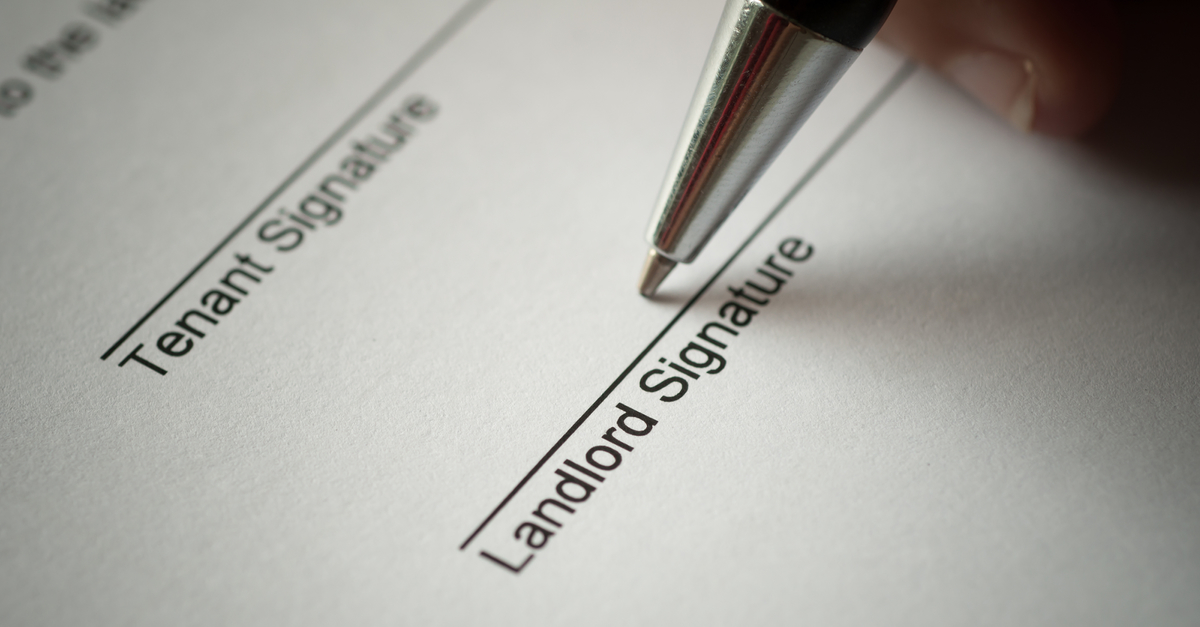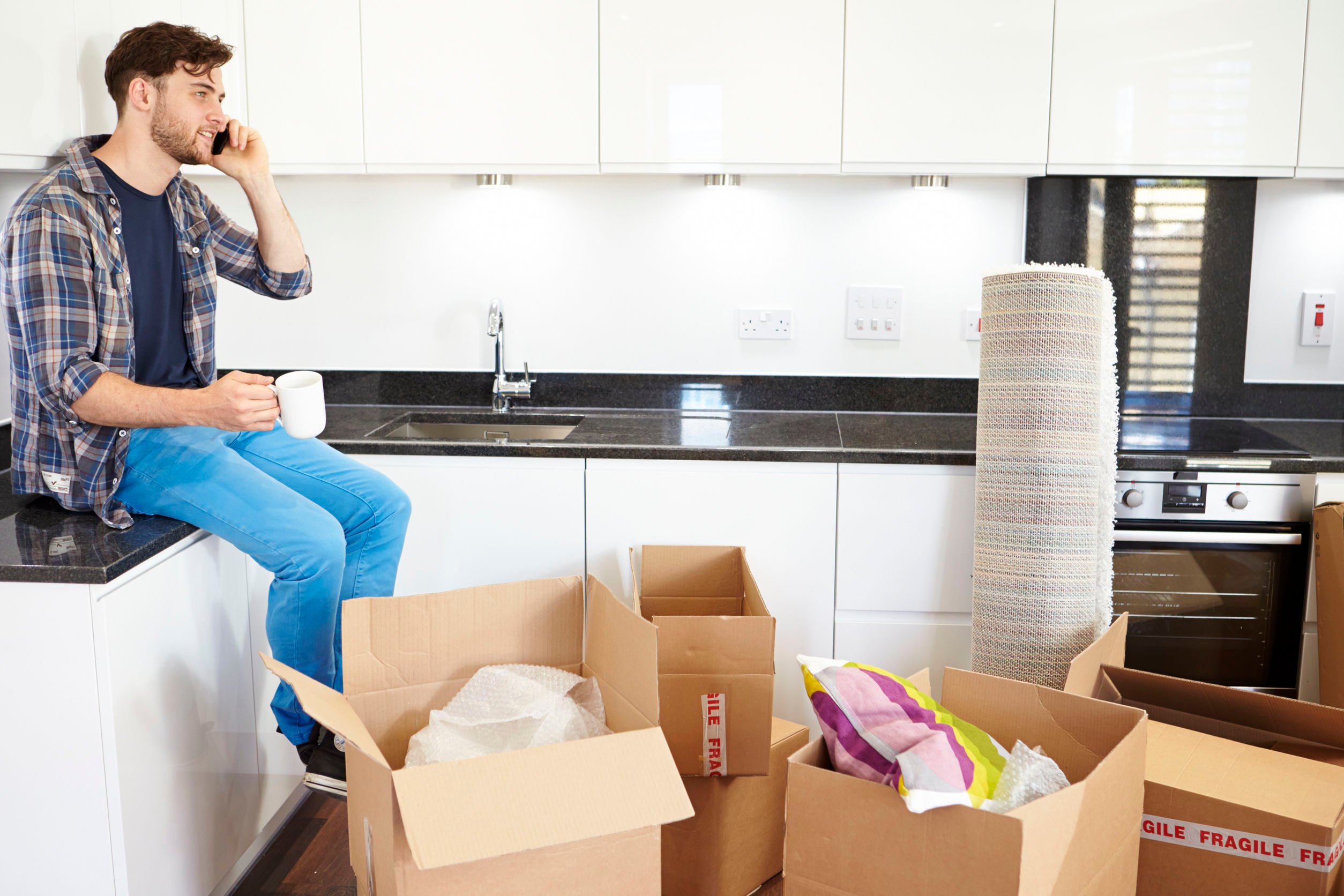If you’re moving to a new home, you may be considering renting out your current house to avoid needing to sell. Maybe you’re eventually planning to move back and want to hang onto your property — so becoming a landlord it is! Before you start advertising, make sure you understand the basic responsibilities and obligations that landlords must abide by to maintain an upstanding and legal rental situation.
-
Provide tenants with a copy of lease and rent receipts
As a renter, you will want to maintain detailed records of when rent was paid and in what form. These receipts should be provided free of charge, and it is recommended that you file them for safe keeping.
-
Respond quickly to repairs
The landlord is responsible for the condition of the property, and if anyone is injured or belongings sustain damage because the house or apartment needed repairs, the landlord could be in trouble. If he or she doesn’t live nearby, they should establish a list of trusted repair people who can address whatever issues might come up in a timely manner, or connect you with a trusted contact who will visit and assess the situation. Just remember, they must provide 24 hours of notice before a repair person arrives except in life threatening situations, like a gas leak.
-
Recommend Renter’s Insurance
Though the landlord is not required to do so, they should always recommend it and some landlords require it to cover any possible issues. Even if they don’t, you should purchase it anyway. Most insurance agencies that provide car insurance can add a renter’s policy on easily and for little cost.
-
Upkeep
Whether you live in a multi-unit building or a rented home, the landlord is responsible for keeping the entire property clean and neat. Your rental agreement or lease should state explicitly who is responsible for yard work and snow removal if those tasks are pertinent, but on the whole, the property should be kept free of garbage and debris, rodents, and filth. This includes ensuring the space is free of health hazards like mold or toxic substances. The Housing Health and Safety Rating System (HHSRS) can be used to measure safety, and you could have grounds to withhold rent if the poor condition of your home becomes an issue beyond small dings and dents.
-
Regular gas/utility checks
If your apartment utilizes natural gas or oil for heating or other utilities, systems must be checked yearly. Under the Gas Safety Regulation, landlords are required to make sure that any gas appliances are safe and that a safety check is performed by a CORGI registered engineer each year. Oil burning furnaces should receive maintenance yearly as well, though mandates vary by state. Keeping appliances in good shape will also help you and your landlord to reduce your carbon footprint!
-
Properly functioning utilities
It is inevitable that there will be times when the water or, unfortunately, the heat need to be shut off for repair. However, these repairs should be brief and you should be informed of their occurrence ahead of time. You should not find yourself going days or weeks without proper cold and hot water, and especially not without heat.
-
Give proper notice
If your landlord wishes to enter your home, they are required to give at least 24 hours notice except in cases of emergency. If the landlord wishes to breach the terms of a lease, or you have a month-to-month agreement, it should be stated in the rental terms that they need to provide at least 30 days notice if asking you to leave the property for any reason. Do note that failure to pay rent can make some of these terms not apply…
-
Storing a security deposit properly and returning it in a timely fashion
Requirements vary by state and even city, but most locations have requirements for how a landlord can hold your security deposit during your residence. Similarly, the legally allowed time frame for a landlord to return the security deposit differs by state and lease terms, so be sure to check the fine print and research your local laws.
Above all, advocate for yourself! Read the fine print on your lease and speak up if there is anything you don’t understand or don’t agree with. While you’re at it, book your move online and make that whole process easier!







